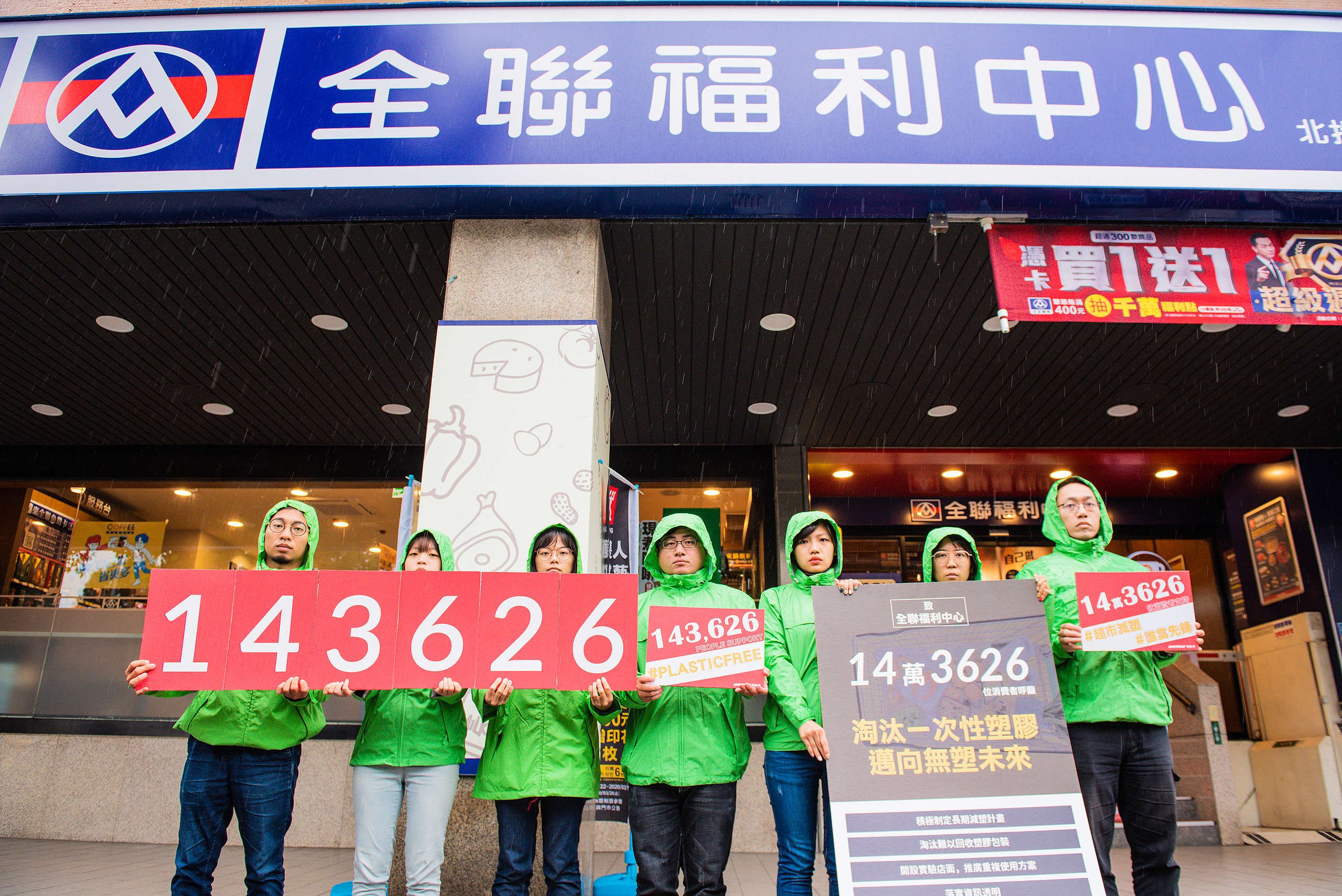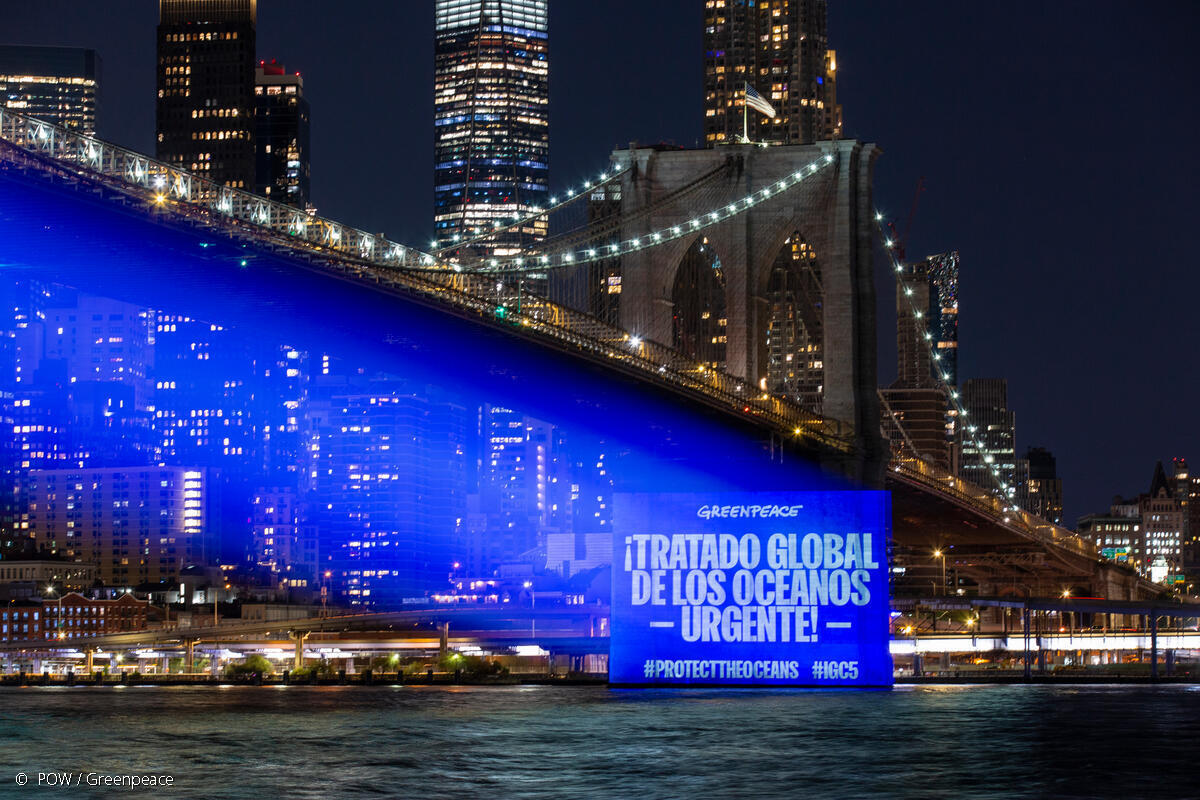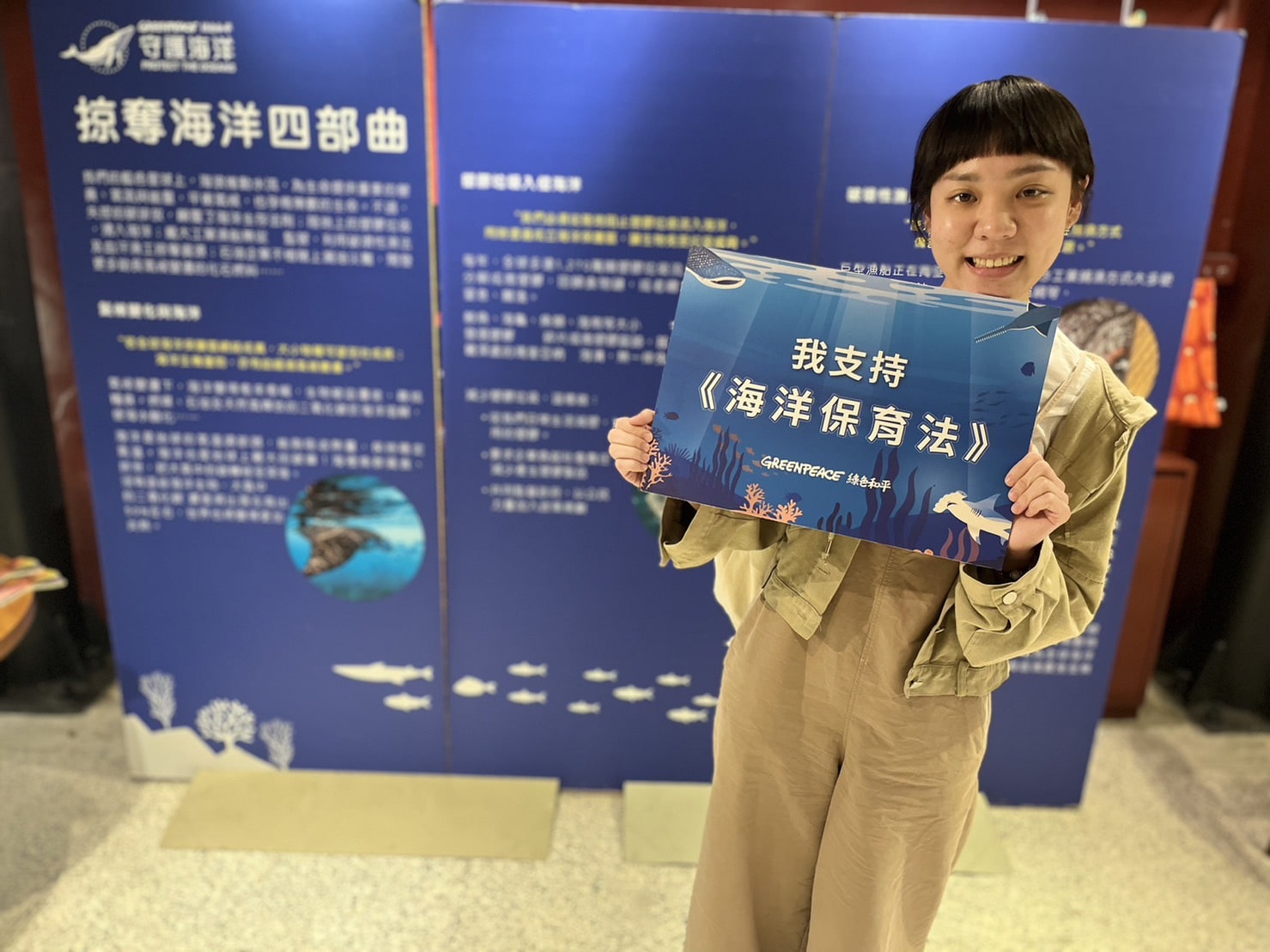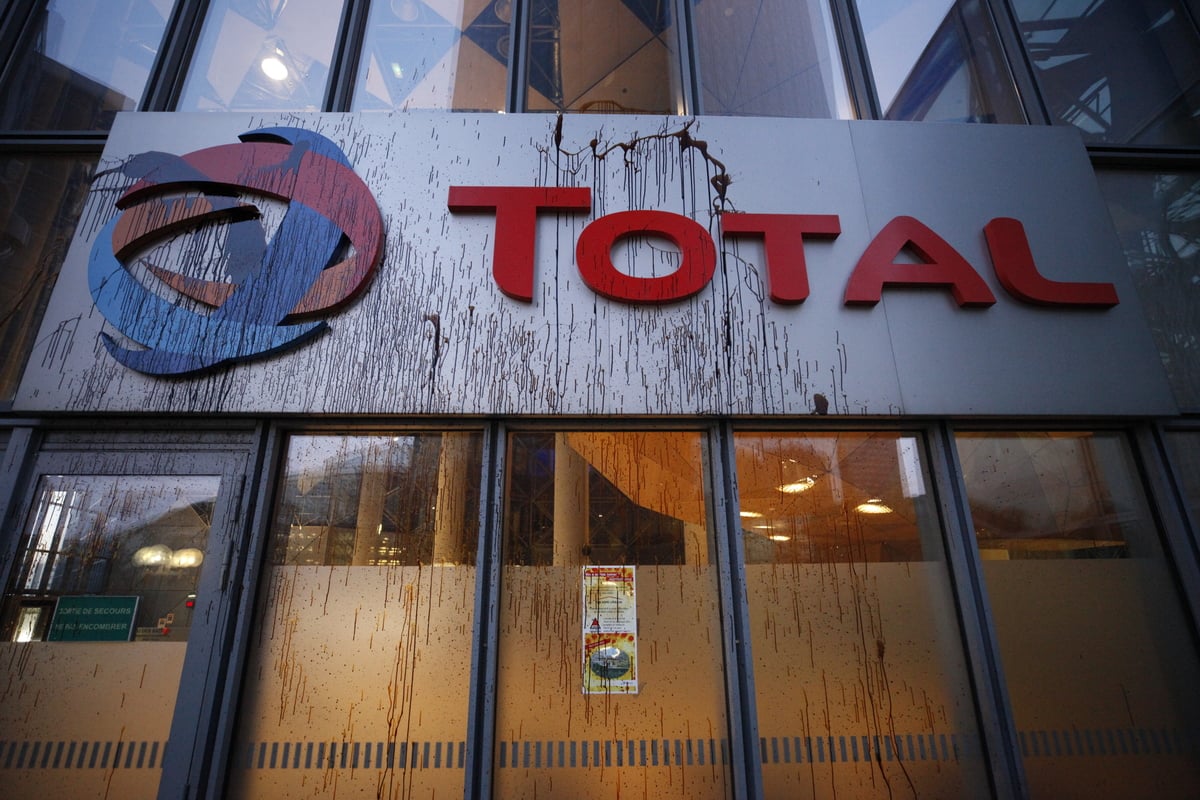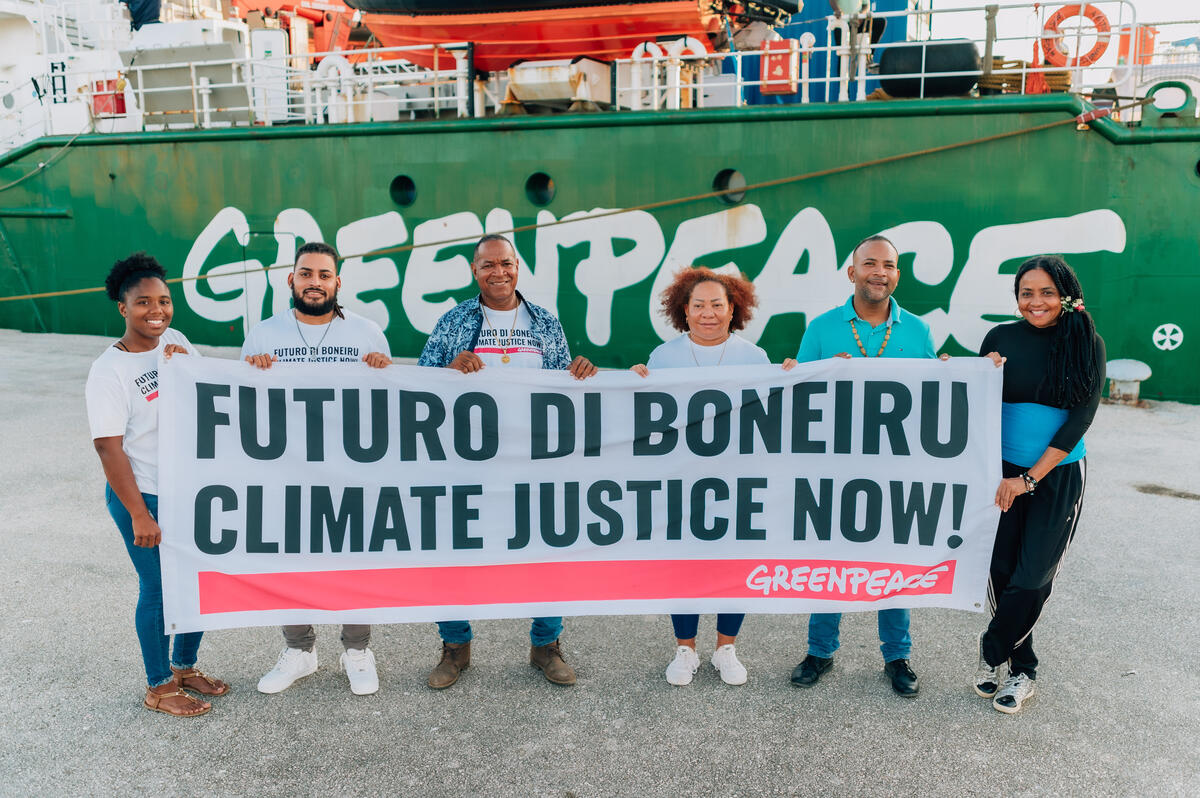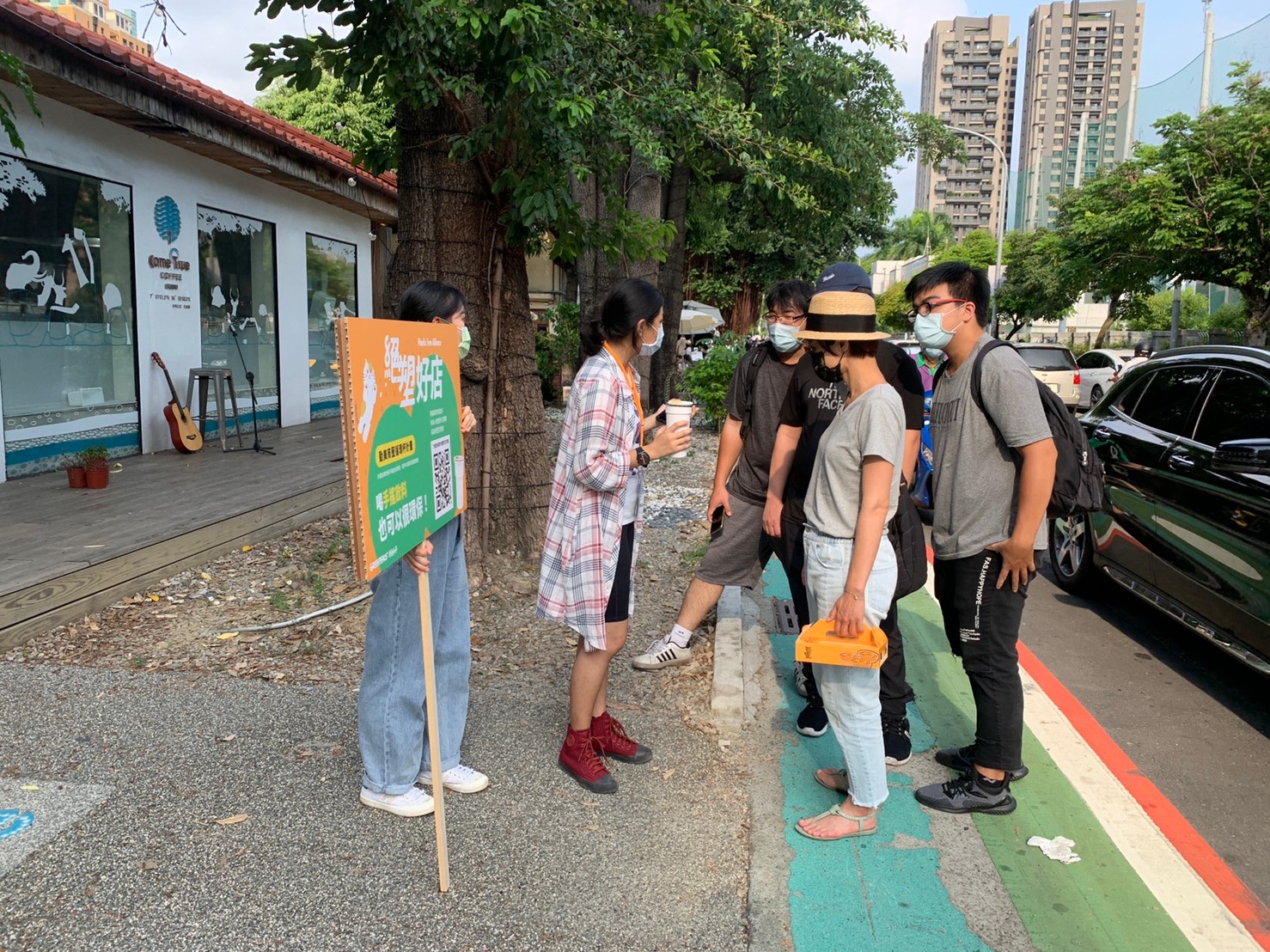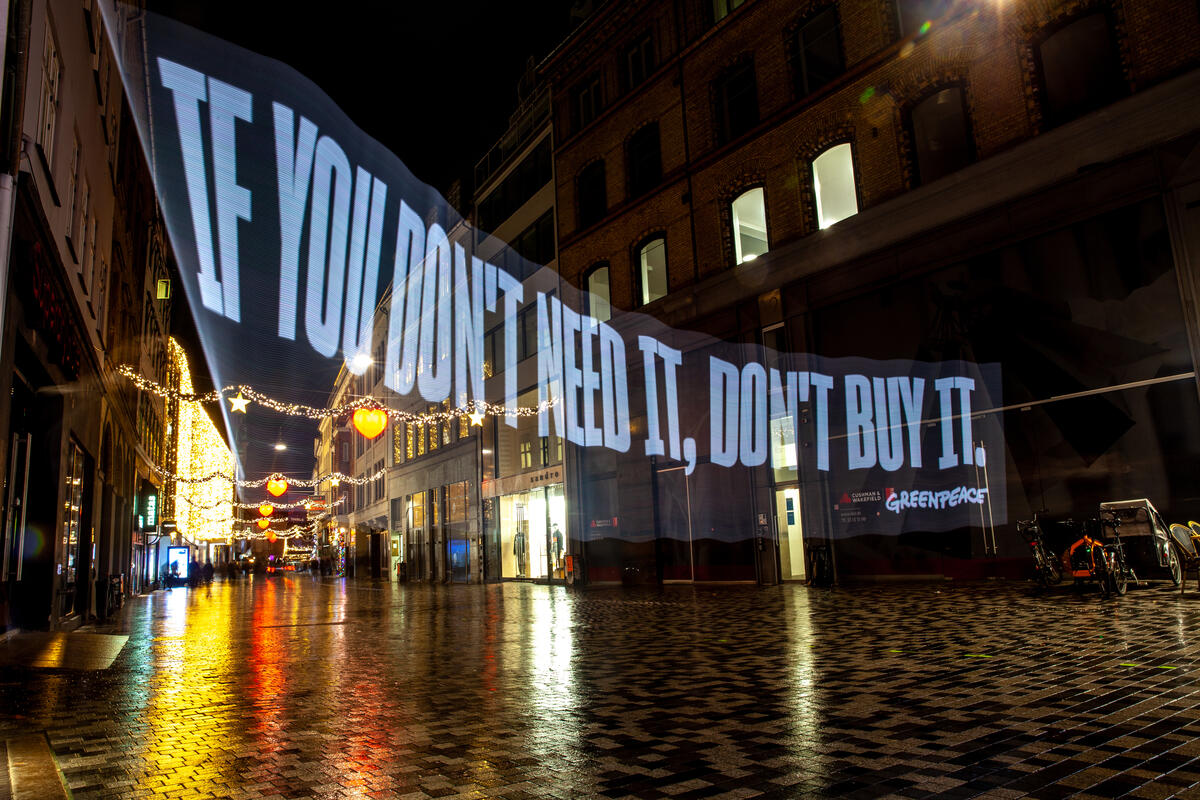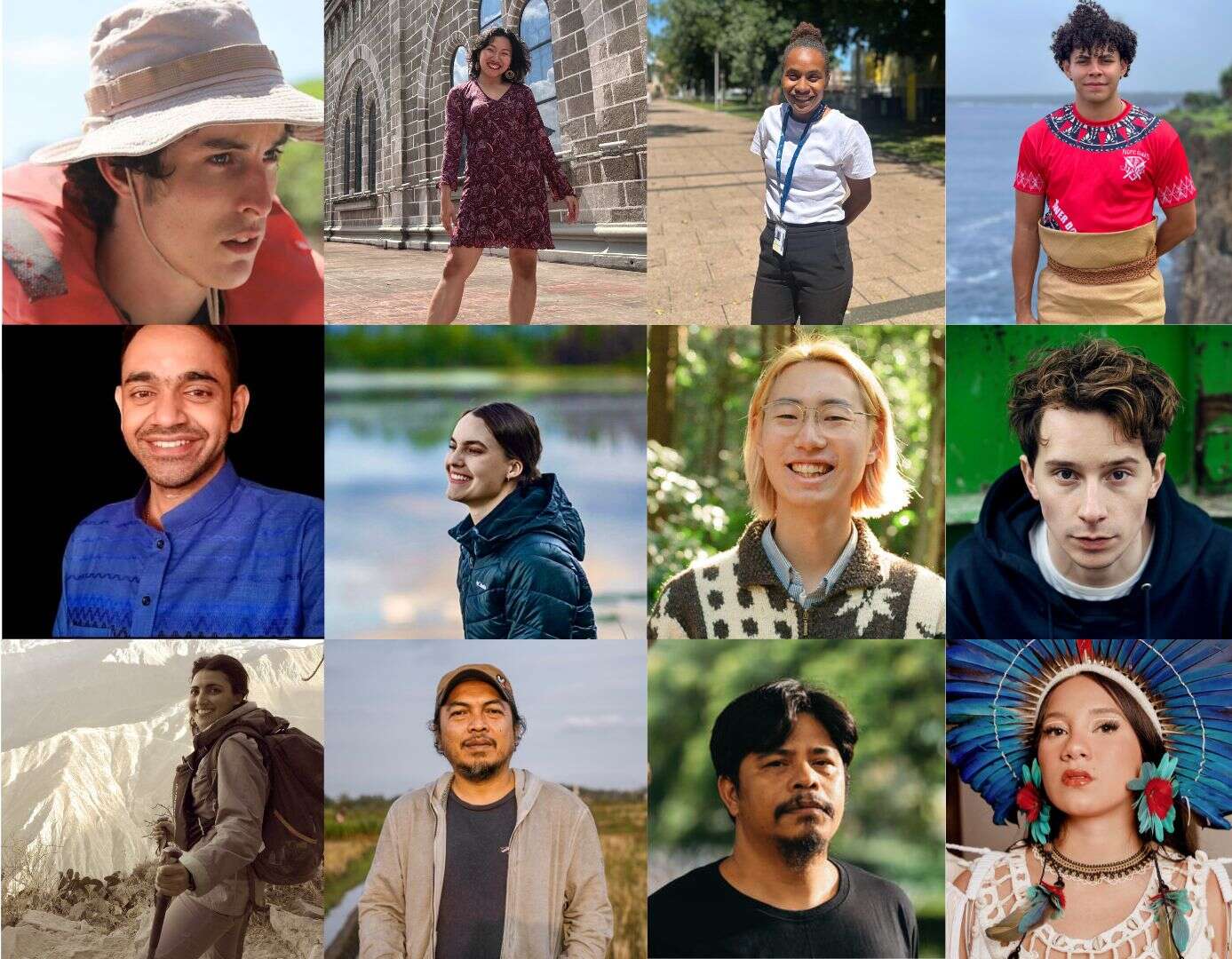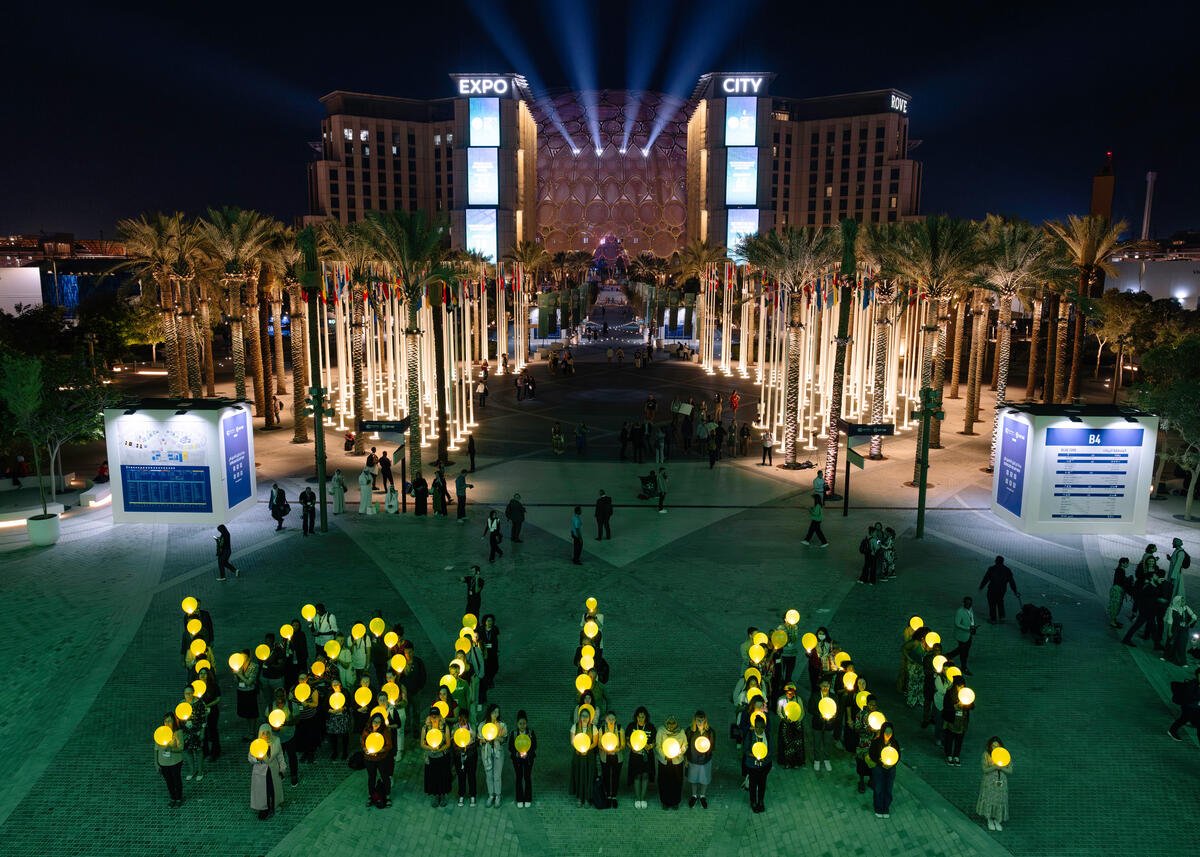-
Chile becomes first nation to approve ratification of historic UN Ocean Treaty
'A crucial step': Chile becomes first nation to approve ratification of historic UN Ocean Treaty.
-
Celebrity comedians call for TotalEnergies to be kicked out of AFCON
A punchy parody video featuring celebrity comedians was released today by Greenpeace Africa and its partner Kick Polluters Out, a movement of African creatives and activists fighting against sportswashing by Big Polluters
-
The deals behind Temu: its hidden environmental price and climate silence
It has become common practice for major e-commerce companies to disclose their climate impacts and make a climate and renewable energy commitment. It is time for Temu, arguably one of the world’s most popular e-commerce companies in the current market, to join them.
-
Inspiring environmental victories of 2023
Seven inspiring wins from the global climate and environmental justice space to give us hope.

